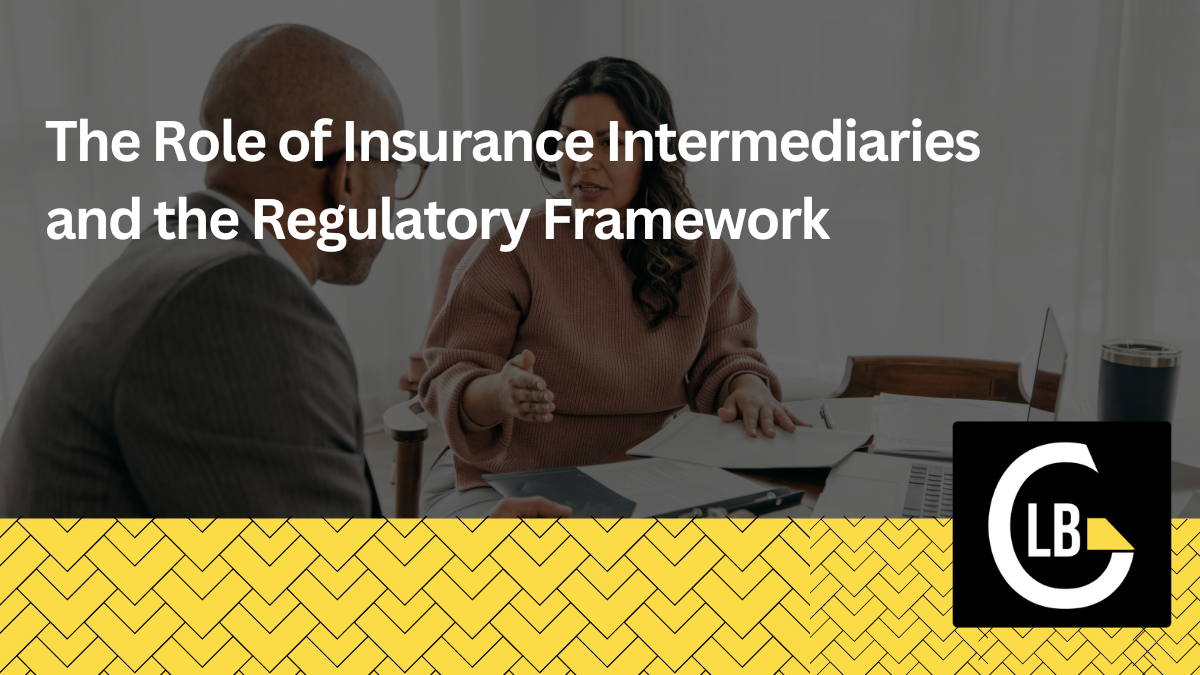When you’re trying to get insurance, it’s not just about picking a plan off a shelf; it’s about finding the right coverage for your specific needs. This is where insurance intermediaries come in. They act as your personal navigators in the complex world of insurance policies, offering guidance and clarity. Let’s explore how these intermediaries make your insurance journey smoother and the rules they follow to ensure your interests are safeguarded.
Who are Insurance Intermediaries?
Insurance intermediaries are the connectors in the insurance industry, playing a pivotal role for both insurance companies and policyholders. Whether they’re agents, brokers, or online platforms, their job is to demystify insurance policies for you and facilitate the best possible match.
Types of Intermediaries-
- Agents: Think of them as the direct link to the insurance company, appointed to represent their interests and offerings to you.
- Brokers: These are your advocates. They scour the market to find you the best policy, independent of any insurance company’s influence.
- Online Aggregators: These platforms are the modern way to compare and contrast various insurance offerings right from the comfort of your own home.
Regulatory Framework
The insurance field doesn’t just operate freely; it’s structured by stringent regulations that ensure transparency and fairness in the industry. These regulations are designed to protect you by making sure that those advising you are both competent and ethical.
Key Regulatory Bodies
- At the State Level: For instance, in the U.S., each state has an insurance department that oversees these intermediaries, ensuring they meet all the necessary qualifications.
- Globally: On an international scale, organizations like the International Association of Insurance Supervisors (IAIS) help standardize regulations to ensure a level playing field across borders.
Regulations in Action:
- Through Licensing: Intermediaries must pass thorough checks and obtain a license to operate, proving they know their stuff.
- Mandatory Ongoing Education: They are required to keep up with the latest in insurance trends and regulatory updates through continuous education.
- Consumer Protection Laws: These laws are in place to ensure that you are always given truthful and fair advice.
Why Is This Important to You?
The robust framework surrounding insurance intermediaries is more than bureaucratic red tape; it’s a system designed to foster trust, ensure your protection, and maintain the overall health of the insurance market. Here’s why it matters:
- Building Trust: When intermediaries follow strict guidelines, it reassures you that you’re receiving honest and reliable advice.
- Ensuring Your Protection: These rules are in place to prevent fraud and ensure that your rights as a consumer are always upheld.
- Keeping the Market Healthy: By regulating these intermediaries, the market stays stable and reliable, ready to support you when you need it most.
In Conclusion
The intermediaries in the insurance industry do more than sell policies; they guide, inform, and protect your interests through their expertise and adherence to a strong regulatory framework. Understanding their role and the protections in place helps you make more informed decisions about your insurance, giving you peace of mind in your choices. After all, being well-informed is your best protection.
